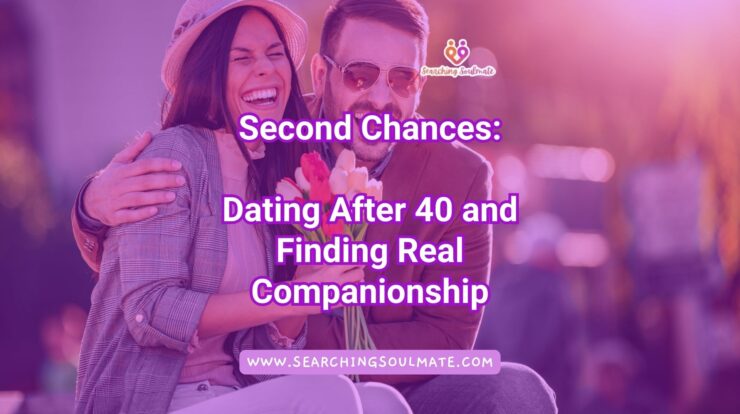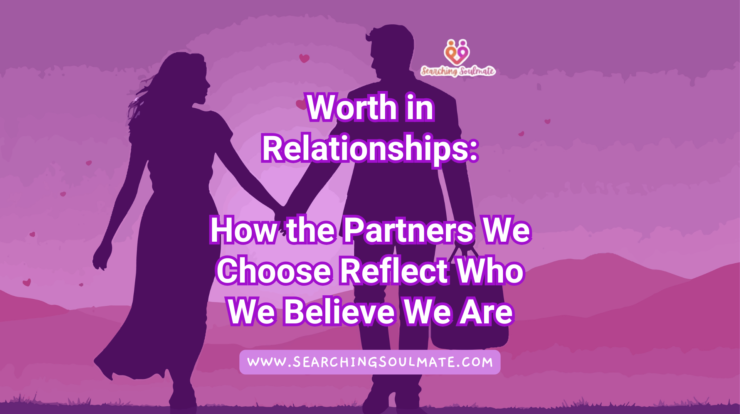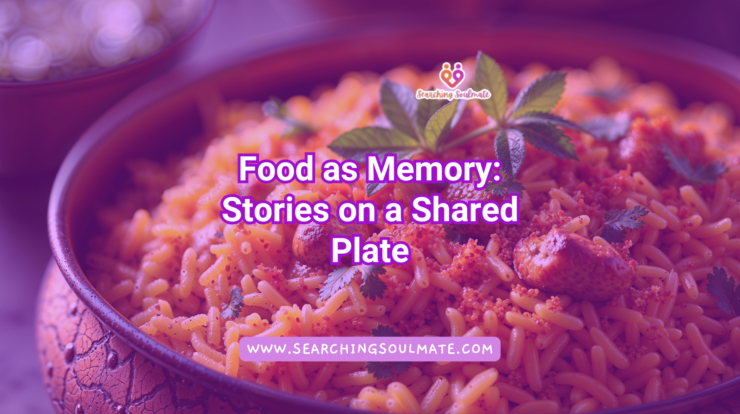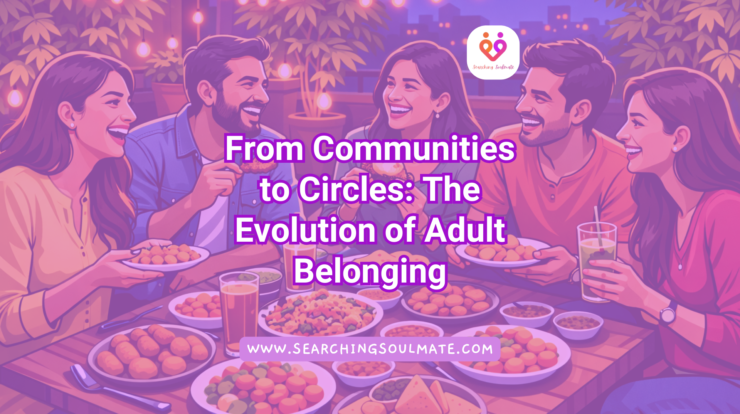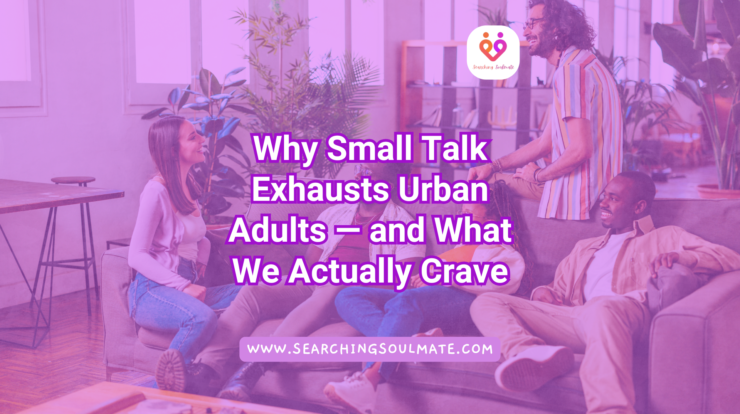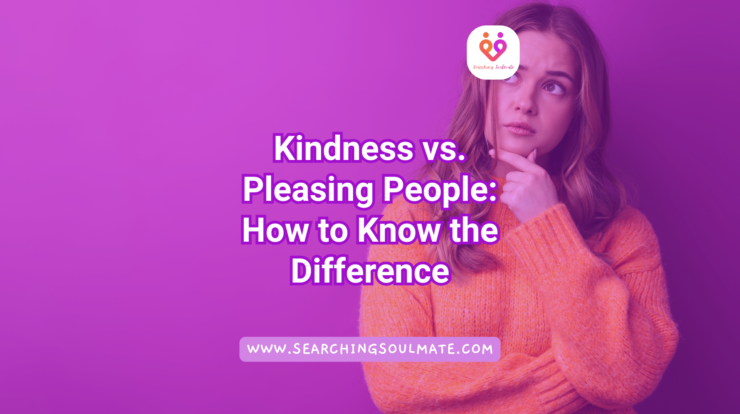
You’ve probably seen it happen yourself—a debate between science vs pseudoscience, which breaks down to an argument, and sometimes even shouting. One side holds onto evidence and logic, the other resorts to belief, feeling, or cultural heritage. And in doing so, we lose patience to listen to each other.
What if we turned things around a bit? What if we made safe spaces for discussion, not just to all agree on everything, but to discuss, learn, and get to where other people are at?
This isn’t about backing up falsehood. It’s all about critical thinking through empathy, no judgment here.
So, what’s the matter with science, then?
Science is all about questioning, experimenting with things, collecting evidence, and making constant adjustments. It’s how we developed everything from modern medicine to space exploration. It allows us to better understand the world with clarity, facts, and evidence.
But even the strongest science communication can fall short when it doesn’t take into consideration people’s emotions or perceptions. And that is where this discussion starts.
Pseudoscience has been around since the beginning of time, dating back to when people attempted to make sense of the unknown based on intuition, myth, and observation. Before we had the actual methods of science, individuals used their beliefs to try to make sense of the world around them. Astrology, alchemy, numerology, and palm reading emerged as means of predicting the future, curing disease, or gaining insight into people’s personalities. The idea that handwriting reflects personality traces back to ancient civilizations like Egypt and China, where writing was often seen as a reflection of the soul. With the rise of calligraphy, some mystics believed one’s “inner self” could be expressed through strokes and script.
Vedic Astrology (Jyotish Shastra) evolved independently from around 1500 BCE as part of the Vedas, India’s sacred texts, which focus on karma, dharma, and life purpose
For centuries, these subjects provided people with a sense of order, comfort, and cultural identity. When the scientific revolution gained traction, much of this system of belief was labeled as pseudoscience because it was untestable and irreproducible. But in all fairness, they are still of emotional and spiritual significance to many individuals across the world. Crystal healing, energy medicine, and tarot reading are all abuzz these days, centering on personal reflection and holistic health, particularly when formal science is too abstract or rigid to truly matter.
So What About Pseudoscience?
Pseudoscientific beliefs might look very scientific on the surface, but don’t quite follow the same process. Astrology, homeopathy, or energy healing, for example, typically does not have empirical evidence to back it up. Yet many still hold them dear.
Why? Because they offer comfort, hope, identity, and a sense of belonging—things science doesn’t always directly address.
Then why is There Tension?
If you’ve ever tried to challenge a person’s belief with facts, you know it never works. People shut down when they feel attacked. Science communicators get irritated with misinformation. And believers feel disrespected.
So we construct walls instead of bridges. We can do better than that, with compassion.
Why are we creating a safe space focusing on pseudosciences?
We’re not saying all ideas are equal in science. But everyone should have the chance to be heard, ask questions, and grow. That’s what safe spaces for discussion are about. Curiosity grows in safe places. You’ve likely held back a question, fearing it sounds “dumb.” But that’s where learning starts. Judgment kills curiosity. Emotion shapes belief. We’re not just logical—we’re emotional. And that’s where science communication can meet people with respect. Critical thinking takes time. No one becomes a skeptic overnight. People need patience, not pressure. Culture deserves respect. You can challenge beliefs while still honouring the cultural roots of alternative practices. That’s where real dialogue begins.
Mystic Connect- A safe space curated with love, for all the science and pseudoscience lovers
Let’s Wrap It Up
Hey, let everyone say what they think. Let science shed some light on things. Of course, science and pseudoscience may not always be the best of friends, but they can certainly sit and talk to one another. That’s where we truly begin to understand.
So if you’re looking for an alternative practice, or perhaps a little skeptical but open to trying it. Mystic Connect, a networking meet-up, was recently organised at Kolkata by Searching Soulmate with the objective to help in soul search using pseudosciences.
It’s not a lesson. It’s a community where you can explore Tarot, Astrology, Numerology, and Graphology—not only for answers, but for insight to know yourself and your journey better. You’ll meet others who are searching for the same answers as you. You’ll have an opportunity to think, relate, and develop, and may also create many meaningful relations.
In a world that so readily judges, Mystic Connect invites you to be curious, open, and heard. Because the path to compassion for others is so often a path that starts with compassion for yourself.
BECAUSE A PATH TO UNDERSTANDING OTHERS OFTEN BEGINS WITH UNDERSTANDING YOURSELF.
Read more from Searching Soulmate:
Follow Our Socials:

